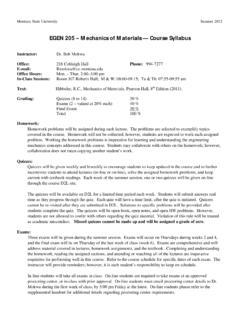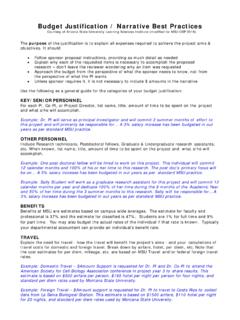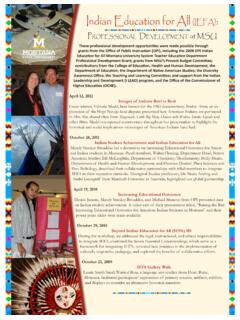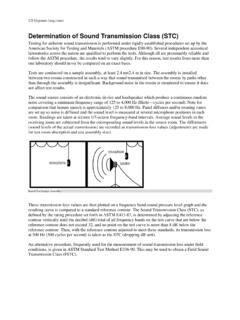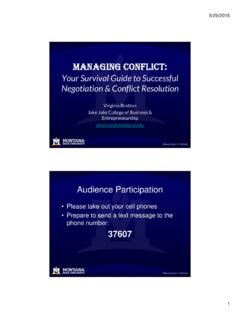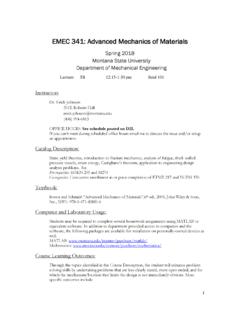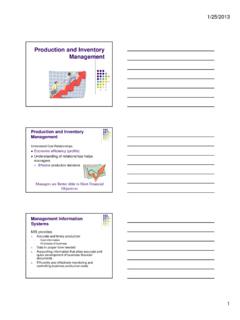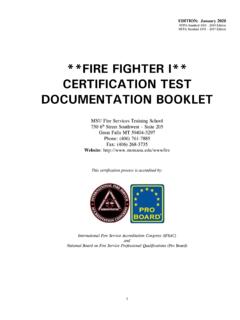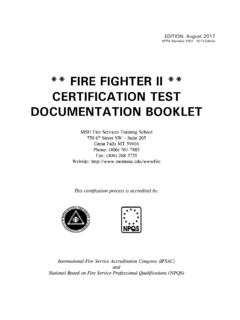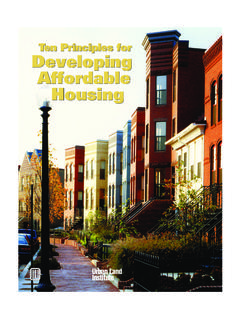Transcription of Mankiw: Chapter 1 10 Principles of Economics
1 mankiw : Chapter 1 10 Principles of Economics Scarcity: Resources are Limited; Wants exceed what is freely available from nature Economics : How Society Manages Scarce Resources 1. What will be produced? 2. How it will be produced? 3. For Whom? The 10 Principles How People Make Decisions: 1. People Face Tradeoffs 2. The Cost of Something is What You Give up to Get It (Opportunity Cost) 3. Rational People Think at the Margin 4. People Respond to Incentives How People Interact 5. Trade Can Make Everyone Better Off 6. Markets are Usually a Good Way to Organize economic Activity 7. Governments Can Sometimes Improve Market Outcomes How the Economy as a Whole Works 8.
2 A Country s Standard of Living Depends on Its Ability to Produce Goods and Services (Productivity) 9. Prices Rise (Inflation) When Government Prints Too Much Money 10. Society Faces a Short-Run Tradeoff Between Inflation and Unemployment (Phillips Curve) Sample Questions ____ 1. A good is considered scarce in a society when a. more output of the good is possible. b. everyone in that society cannot have all they want of the good. c. the government restricts production of the good. d. only the richest people in the economy can buy all they want of the good. ____ 2. What you give up to obtain an item is called your a.
3 Opportunity cost. b. explicit cost. c. true cost. d. direct cost. ____ 3. Each of the following statements about trade is true EXCEPT a. Trade increases competition. b. One country wins and one country loses. c. The United States can benefit from trade with any country. d. Trade allows people to buy a greater variety of goods and services at lower cost.
